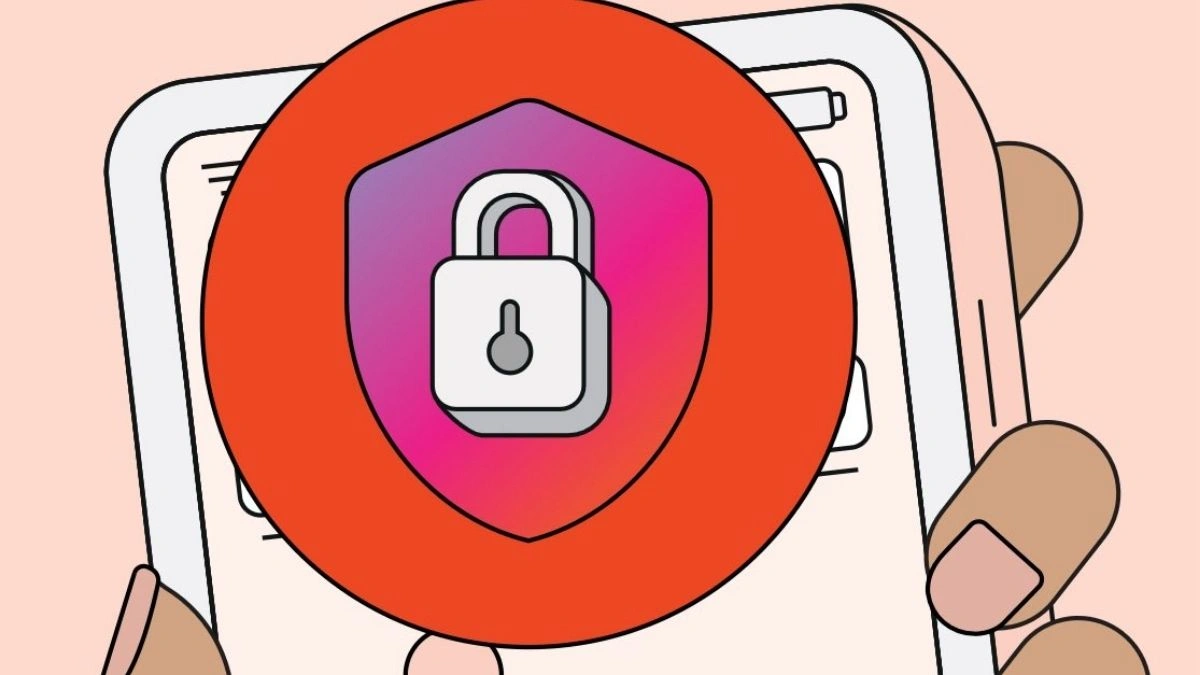Safe Browsers Explained
The internet is like a giant marketplace, full of shops, fun rides, and the occasional shady character selling “genuine Gucci” out of a suitcase. That’s why you don’t just need a browser; you need a safe browser, basically, a bodyguard that makes sure nobody slips their hand into your digital pocket.
And yes, the usual suspects like Firefox, Google Chrome, Chromium, and Brave are all in the game. Let’s break it down.
What Exactly Is a Safe Browser?
Think of a safe browser as a strict bouncer at a nightclub. Regular browsers let a lot of people in, some good, some sketchy. Safe browsers only allow guests on the “whitelist”, programs and actions that are 100% trusted. Anything else? Denied at the door.
Instead of reacting to threats after they attack (like traditional antivirus does), safe browsers block them before they even get close. It’s like having Spider-Man’s spidey sense, but for cookies, trackers, and malware.
Safe Browser: The Strict Parent of the Internet
- Blocks unauthorized activities before they happen.
- Cuts down creepy tracking cookies that follow your every click.
- Works with your VPN to fight off browser fingerprinting (the sneaky way sites ID your device even when you think you’re invisible).
It’s not flashy, but it’s like having a seatbelt and airbag combined.
What About the Big Names?

Here’s how the Safest browsers stack up:
- Firefox: Privacy-focused, with tons of add-ons. The cool kid who doesn’t sell your data.
- Google Chrome: Super popular, lightning fast… but yeah, it’s like shopping at a mall where every shop takes notes on your preferences.
- Chromium: The open-source skeleton behind Chrome. Think of it as Chrome without the corporate suit. Great for techies.
- Brave: Comes with built-in ad blocking and tracker protection. Basically Chrome on steroids for people who don’t want creepy ads following them around.
Each has its perks, but none of them are as paranoid as McAfee Safe Browser.
Why You Might Actually Need One
Here’s the truth: cybercriminals don’t take holidays. They’re constantly trying to sneak malware into your system or scoop up your login details. Using a safe browser is like:
- Telling shady trackers to back off.
- Making sure banking details don’t end up in some hacker’s shopping cart.
- Keeping your browsing habits yours.
Combine it with antivirus and a VPN, and you’re basically Iron Man online, safe, armored, and untouchable.
Also Read- Ghost Calls: How Hackers Can Hijack Microsoft Teams And Zoom To Bypass Security














